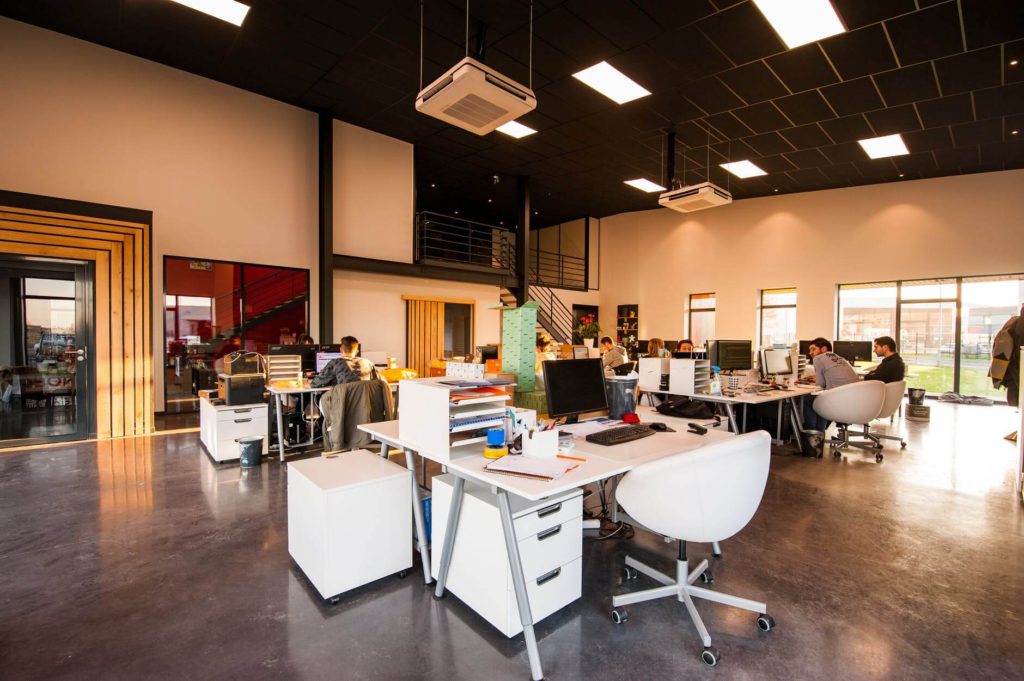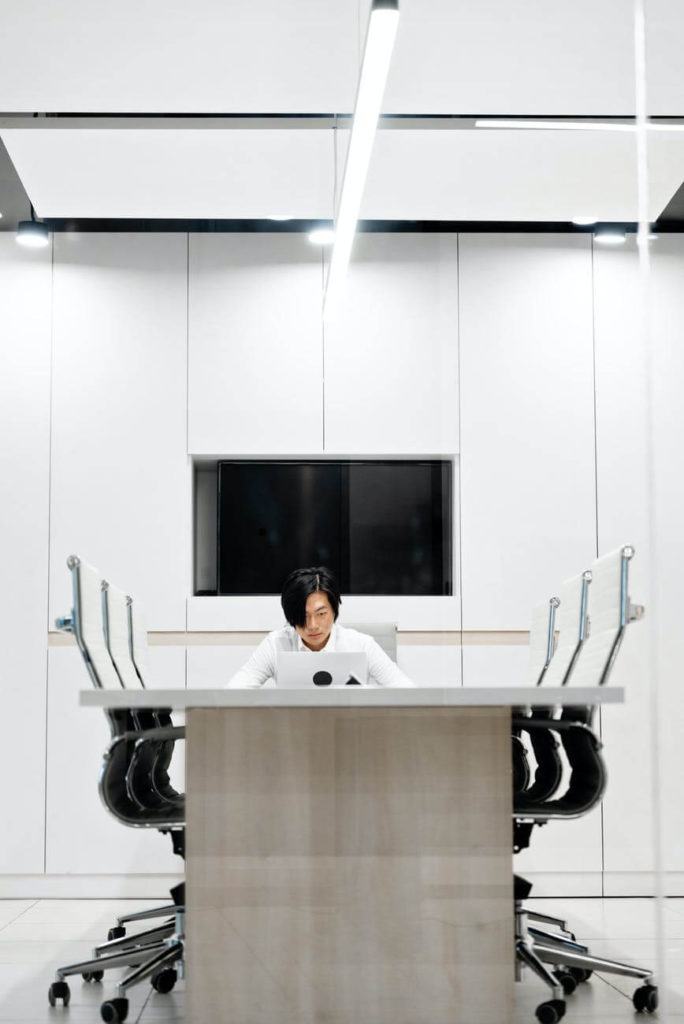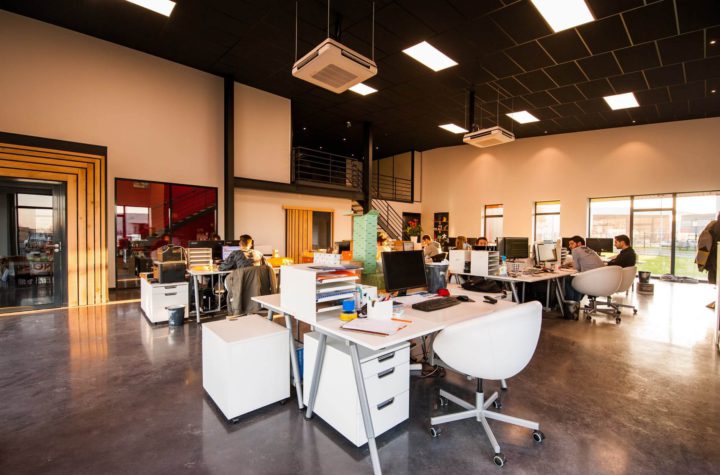
Thanks to the pandemic, over the past year a trend that many career experts think was already underway, has gained momentum.
It has forced us to reassess our relationship with the workplace. For those who worked before the pandemic struck, their relationship with the office, factory, or workplace, will never be the same. This is particularly so if you worked from home for the first time during lockdowns and curfews.
Although, for some, working from home has been a godsend – using chairs with back support rather than those meeting room chairs which kill you when you get up again, for instance – going “back” to work is what many other people have been praying for.

Lots of folks have discovered it’s not ideal to live and work in the same place. Isolation and pandemic productivity weariness have led to some employees being burned out a year after Covid-19 hit, but others are eager to make new bargains for remoteness. Such remote employment has seen a surge in leadership training in recent months, a development that many career experts say was already starting.
Increasing numbers of workers are ready to forgo standard employment perks like health care and pension plans for more control over their work environment.
Confirming this, some 75% of employees are willing to give up at least one perk or benefit in exchange for the freedom to pick their work environment, according to a recent WeWork and Workplace Intelligence survey. Workers will give up enormous benefits like health insurance, bonuses, and paid time off to save money, according to the report.
Employers and employees will certainly engage in fresh discussions about high performance team conditions post-Covid, as evidenced not only by WeWork data but also by other sources.
Comparable statistics for Australia are hard to come by, but 7 percent of workers in the United States had access to “flexible workplace” benefits or telework before the pandemic, based on data from the Bureau of Labor Statistics’ National Compensation Survey in 2019. The percentage of people who worked from home all or most of the time prior to the pandemic was 20%, compared to 71% during Covid-19 (Pew study of 5,858 working US adults).
According to Kevin Harrington, CEO of Joblist, “the pandemic gave companies and employees alike an unexpected and short test drive of remote work.” For some firms, it has worked better than others.
It wasn’t all good for workers, no matter how much time they had to spend with family and friends and how little time they had to commute.
Young individuals between the ages of 18 and 24 are more likely to suffer from melancholy, anxiety, and suicidal thoughts as a result of working remotely, according to a study by the Kaiser Family Foundation.
Law, banking, and other service industries accounted for the majority of remote workers prior to the epidemic. According to Pew, those with a bachelor’s degree, women, and Asian employees are more likely to have access to this option, demonstrating a clear class and demographic disparity.
Commuting times are being replaced by additional work hours throughout the day because we’re working so much and producing so much. We have a lot on our plate right now. By this point, we’ve become disillusioned with our jobs, our groups, and our company as a whole.
In the previous 12 months, we’ve seen a phenomenon that, according to Harvard Business School professor Tsedal Neeley, at a recent CNBC Workforce Executive Council Member Forum, is “hyper-productivity gone awry.”
While dealing with new rules, employee demands, and backlash from workers who want to stay remote, organizations around the world are scrambling to find a safe and efficient method of bringing employees back.
Remote work is not always ideal and it’s not the new normal for investment banks and companies that require teamwork. JP Morgan Chase CEO Jamie Dimon has listed numerous reasons he will not completely embrace remote work, including the fact that the bank expects more employees to return to the office shortly.
Management has instructed workers at General Motors to “work appropriately” under a new guideline, which also references Mary Barra’s “streamlined” dress code while she was HR director.
According to Glassdoor’s career analyst Sarah Stoddard, WeWork’s statistics on traditional perks overstates where new job discussions will take place most frequently. There will be a decline in the allure of free meals and laundry in favour of more traditional benefits like paid time off, pension plans, and vacation days, according to her.
Stoddard argues that “flashy bonuses,” have no enduring effect. “Benefits appear and disappear in an instant.”
According to Stoddard, individuals who work from home miss out on the interpersonal contacts and camaraderie that help foster a positive workplace and high performance culture. This can contribute to feelings of isolation and burnout. As a result, some workers become overburdened because it is “easier” to jump on a call instead of doing their task.
A recent Harvard Business School study of 1,500 remote workers shows the conflicts. Only 18 per cent of employees want to return to the office full-time; 27 per cent want to work from home permanently, and 61 per cent prefer a mix of both options. According to Neeley, roughly 70% of businesses want employees back in the office because they are concerned about company culture.
It is possible that employees meet in a coffee shop or a co-share space for a day and make arrangements to meet in person, says Susan Tohyama, chief human resources officer at Ceridian. Even in offices it seems there will be more open conference rooms and fewer cubicles.
Of course, working from home gives you the perfect excuse to indulge in and buy cigars online – you can try those Tatuaje Cigars you always fancied – or order all that stationary you’ll never use, which looked so tempting on that website.
There’s obviously no ideal solution to any of this stuff, and it seems that it will always be a compromise between the needs of the business and the effectiveness of its workers.
One major benefit the pandemic seems to have brought is in introducing a flexibility and “listening culture” to employer/employee relationships. Surely this has to be a good thing?




More Stories
Why Marketing Is So Important For Small Businesses
How To Enhance Your E-Commerce Business
LEADERSHIP IN THE MANUFACTURING INDUSTRY